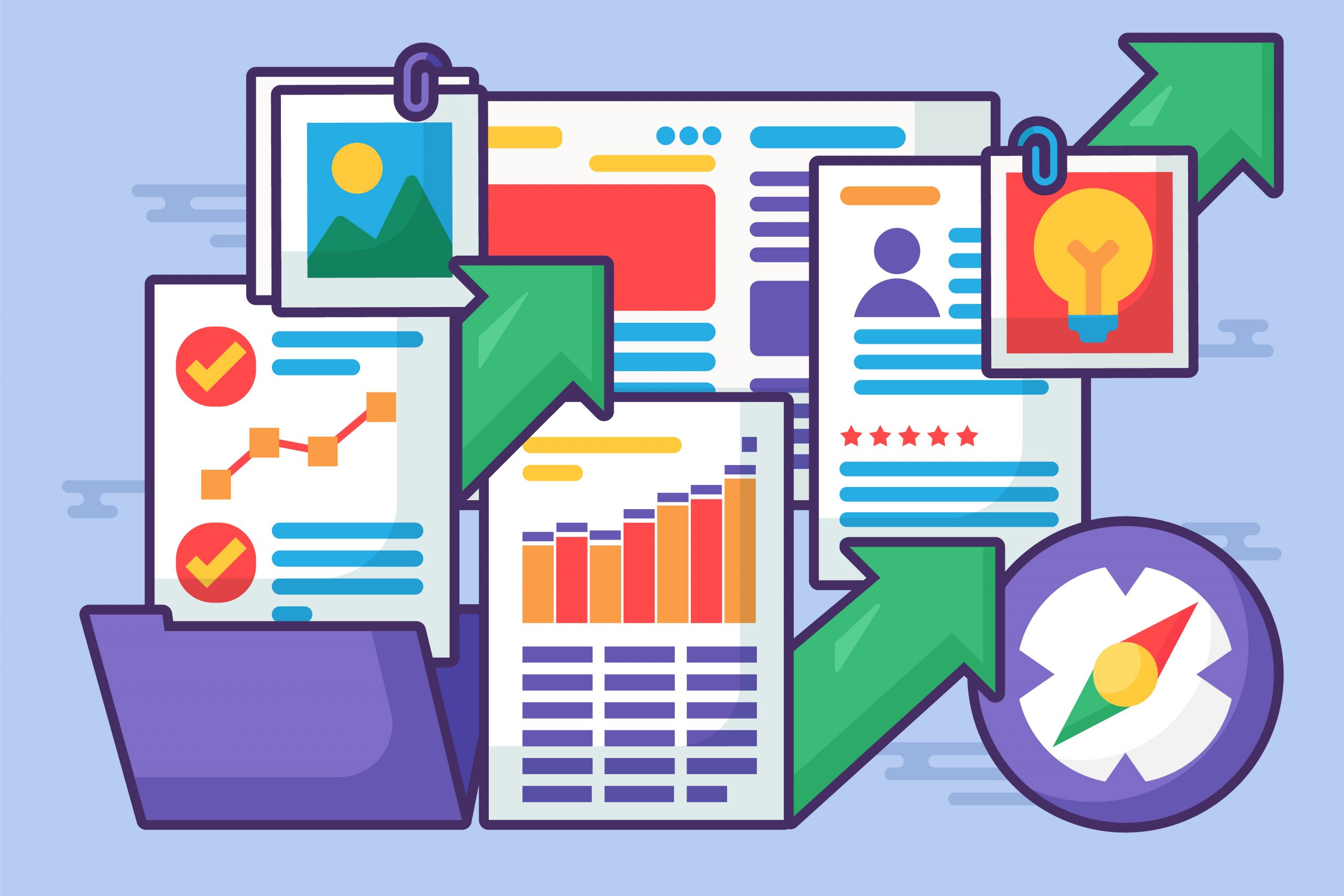11th May 2021
What is SaaS? Nine things you should know about Software as a Service
We’ve already spoken about the importance of idea validation and recommended tools to help you validate your SaaS. It is likely to be the most important step of your SaaS journey and, if you’re at this stage, you’re probably wondering ‘how will I know when I’ve got validation?’
This is a question every SaaS founder has asked themselves and it can be make or break for your product. Even when you’ve got idea validation, there is still a long way to go, especially as the annual SaaS industry revenue is set to reach over $620 billion by 2023 – there is an insane level of competition.
BUT, you shouldn’t be put off, regardless of how competitive the market is. Even if a version of your SaaS idea is already on the market, there’s nothing stopping you from bringing an even better product to the fore – and this is where idea validation is key.
Okay, so in short there isn’t a straight answer for this. Every idea needs to be validated and there is always room for learning more. During validation you’ll be seeking answers, and until you’ve got them, you probably haven’t reached a validated idea.
Here are some of the most basic things you should have an answer to:
And so on.
So, we’re going to give you some tips on how to go about finding answers to the above points and how to know when you have idea validation…
In the outset of your SaaS product’s journey you will have already thought about who your customers are likely to be. Through the validation stage you should be firming up your ideal audience to the point that you have confidence they would be paying customers.
Your ideal audience should have shown a legitimate interest in your idea or MVP.
NOTE: The build and launch of a Minimum Viable Product can differ for every SaaS founder. Some will say you should have your idea validated before launching an MVP – whereas others will say having a version of MVP launched during validation can be a huge help to better understanding your SaaS offering.

There are various basic points you should have on a validation checklist, two of the most obvious should be; people are looking for your solution and you understand who you’re up against.
Once you have concrete proof your ideal audience is looking for your solution, you’re on the way.
In addition to some of the earlier basic points we highlighted, you should be asking things like:
As we’ve said previously, the SaaS competition is vast, but not unbeatable. However you’re only going to be able to validate your idea once you know you’re offering something your competition doesn’t, or if you’re providing a solution that hasn’t already been developed.
TIP: You should have looked into trusted sources and collected insights from industry leading SaaS founders and company CEOs, as they have been surviving the continual competition in the world of SaaS.
You should be inviting as much feedback on your idea or MVP during the process of reaching validation for your SaaS. Why? The more you know, the better – knowledge is power that you’ll be able to learn from and better your offering.
You can use tools like Typeform or general email marketing to collect feedback from your users while trying to reach idea validation. You’re going to be in a strong position once you’ve got to the point where you have an answer to the things you should know about your idea or MVP.

As you’ll have most likely found out by now, there is very little to no chance that your SaaS product is going to be static. New developments are always required and in many cases, you should be working towards feedback you’ve collected on your idea or MVP. And with that, comes costs.
In order to validate your SaaS, you should have an idea of the final cost to build out your software to some degree. If your product is too complex in its first stage you’re at risk of over developing, which will lead to cost escalations.

18th May 2021
7 of our favourite SaaS products

21st June 2021
What does the 2020 SaaS boom mean going forwards?

Know your metrics: A guide to measuring the health of your start-up
Conversion-led with proven R.O.I. success
Instant results, long-lasting impact.
Vast experience
Established since 2003, servicing local businesses and global brands.
Friendly and proactive support
We build personal connections, ensuring your brand is in safe hands.
We'd love to discuss your project
Tell us about your project and get a quote.
Are you in need of more business?
We can double your conversion rates by optimising the user experience
Get a FREE UX audit on your website